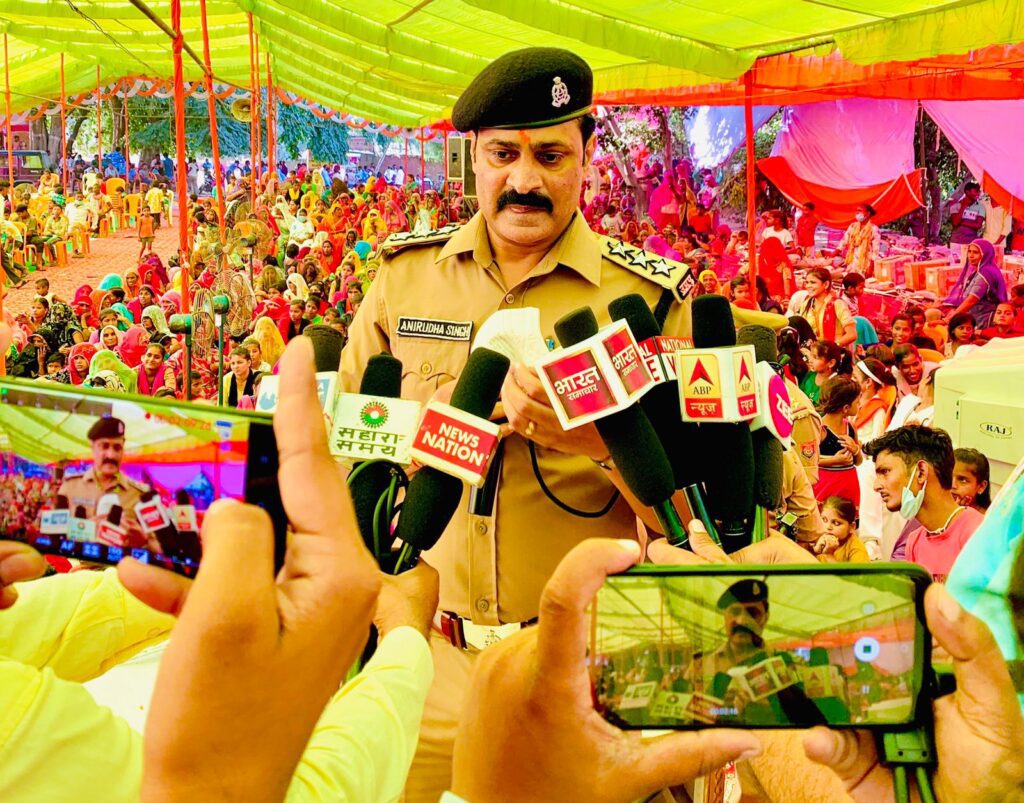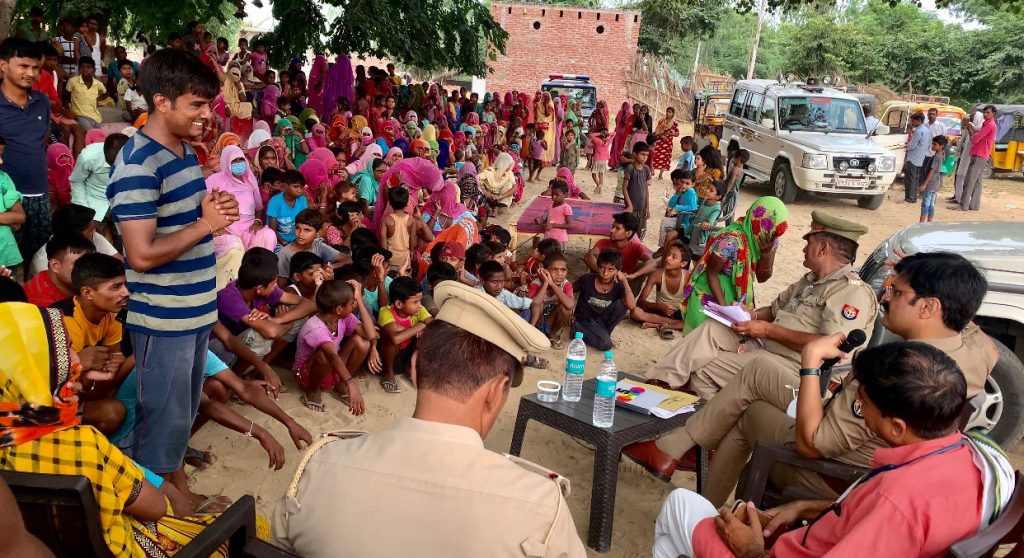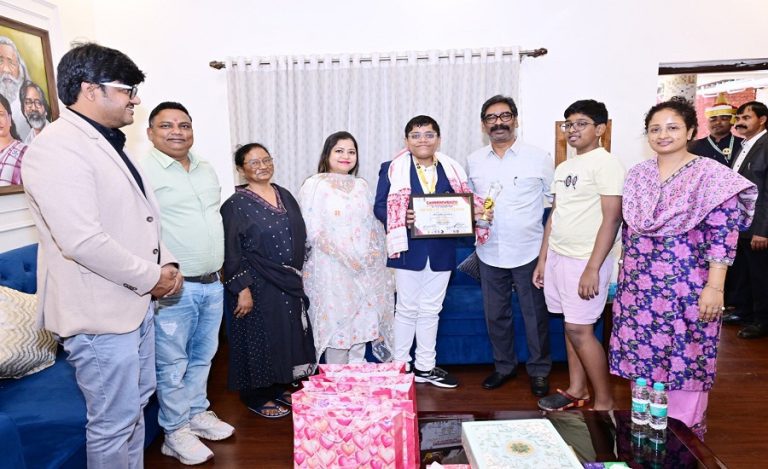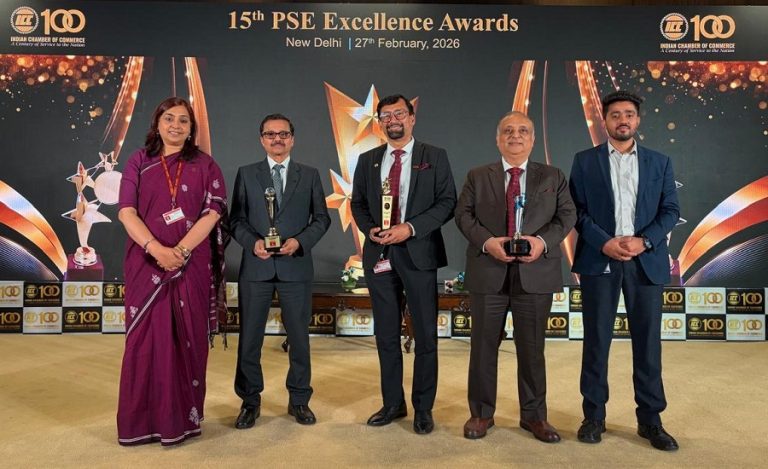Illicit liquor has taken many lives in Uttar Pradesh over the years. It has also put a large number of youth on the path of crime. But things are changing now.
Dhanupura and Bhojpur villages in Uttar Pradesh used to be one such hub of illegal liquor manufacturing till a few years back. What changed? The arrival of IPS officer Anirudh Singh in the region. In an exclusive conversation with Indian Masterminds, the officer elaborated on how he motivated people to adopt respectable occupations and give up on manufacturing liquor

FROM THE BEGINNING…
When Mr. Singh received his posting in Badaun, Uttar Pradesh, he got a tip on a woman selling illegal liquor with a blind man in the district. He threw both of them behind bars but as soon as they got out on bail, they got back to their illegal activities.
“I investigated further and came to realize that these people were producing liquor themselves! Due to unemployment, they started getting involved in robbery and liquor manufacturing till the extent that males weren’t considered good bachelors if they were not good robbers,” Mr. Singh told Indian Masterminds.

But life is so full of ironies, and here is one. The villagers have constructed over 40 temples in the village from the money that they have robbed.
“Before going on a robbing spree, they would sacrifice a goat in front of their Goddess and seek her permission and blessings. Whenever I visited the village, everyone used to run away or go in hiding except for the kids and widows (whose husbands had died of mob lynching while robbing). They had code words, which they yelled on a mike installed at the center of the village, telling people of the arrival of police officers and giving them time to go into hiding,” said Mr Singh.

SENSITIZING THE PEOPLE
Recounting an incident through which he gained the trust of people, Mr. Singh says, “I gathered the women of the village and gave an old lady present there a bottle of water to drink from. Once, she was done, I called out to my driver to bring the bottle of water filled with poison now. The lady immediately got angry and accused me of trying to kill her to which I replied, ‘Why did you never ask your son about the murders that he has been committing in the name of robbery, by giving them poison stuff?”
The officer explained the repercussions of their actions to the villagers and gradually, they began to understand his words. He also made them aware of the false superstition of sacrificing before robbing.

FIRST STEP TOWARDS A BETTER LIFE
One fine morning, the villagers invited the officer to their place and when Mr. Singh arrived at the location, he saw that the villagers had laid out all the utensils required for producing liquor in the middle of the village and asked him to take them away.
The officer called in a truck and sent away all the utensils. He sat down with the villagers and had a conversation with them, praising them for their work.

“These people had literally dug holes in the ground of their homes and hid liquor in it. They pulled those out in front of me. Young boys used to manufacture ‘tamanchas’ (cheap revolver). I seized about 25 of them and made them understand that with each ‘tamancha’ they are able to earn Rs.1000 in 10 days, but instead, if they work under schemes such as MGNREGA, they would be able to make Rs. 3000 in 10 days! Along with that, they will also get a life of respect, hard-earned bread, and a good night’s sleep. Wouldn’t it be better in all sense?”
A LIFE OF RESPECT
The villagers understood that they were being cheated by the ‘sarpanch’ of the village who kept on taking money from them and pushing them on the path to crime.
The people didn’t even have their Aadhaar cards or caste certificates because they were brainwashed that police would put them behind bars if they had one.
“Firstly, I wanted to get their Aadhaar cards made so that the elder ladies and widows of the village could receive a pension. I explained to them the importance of the Aadhaar card and they finally agreed to get one. I got everybody’s Aadhaar cards made,” he told Indian Masterminds.

VILLAGE DEVELOPMENT
The officer realized that 13 kids of the village were disabled from polio and got them the required physically disabled chairs. Further, he opened a little pharmacy, appointed a doctor, and provided them with basic medicines.
“I collected donations from friends and provided 52 girls with bicycles, motivating them to go to schools. Furthermore, I provided 56 widows with sewing machines to earn their livelihood; few youngsters got involved in fish farming; few were given e-rickshaws to drive; some have become vegetable sellers; some are selling popcorn and 14 boys have been employed as security guards, he added.
Mr. Singh did all of this within two and a half months of his posting in the district! Even though the officer has been transferred now, the villagers have learned to live a life of respect and have taken an oath to never look back at their former life.








































